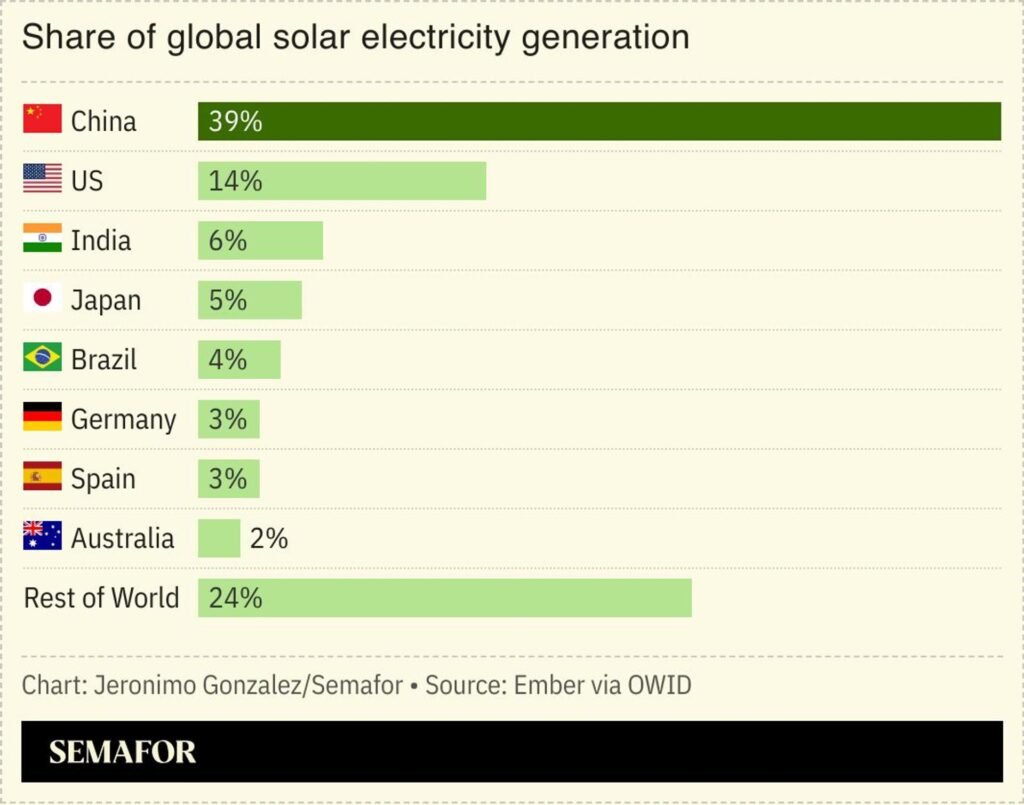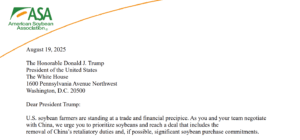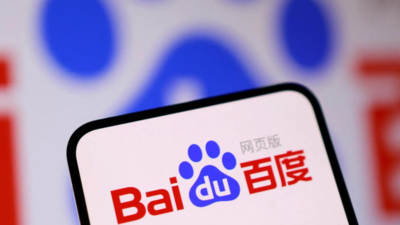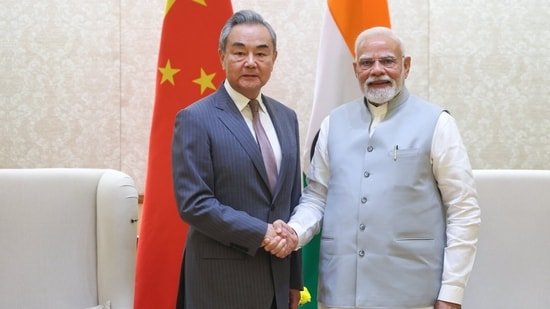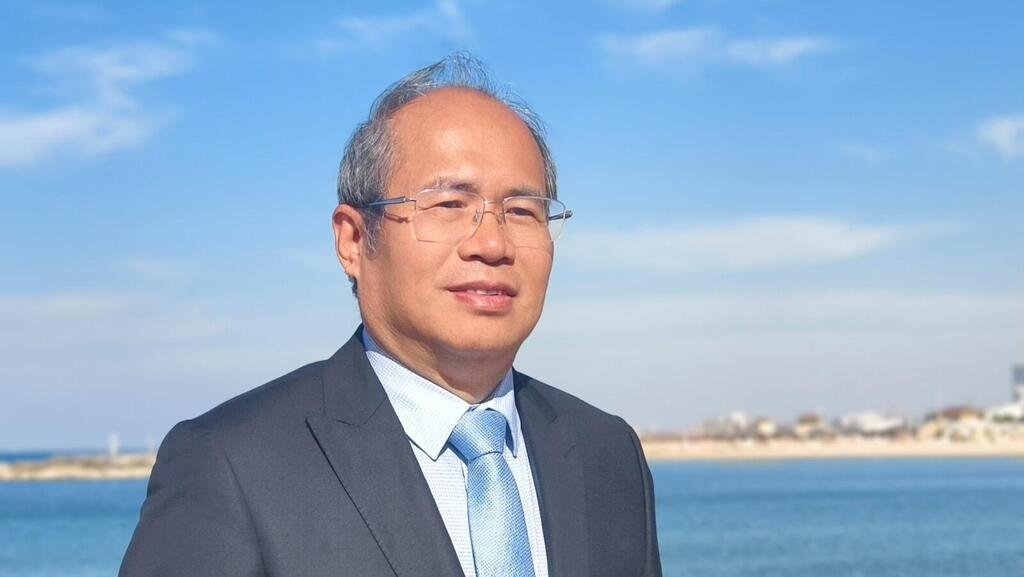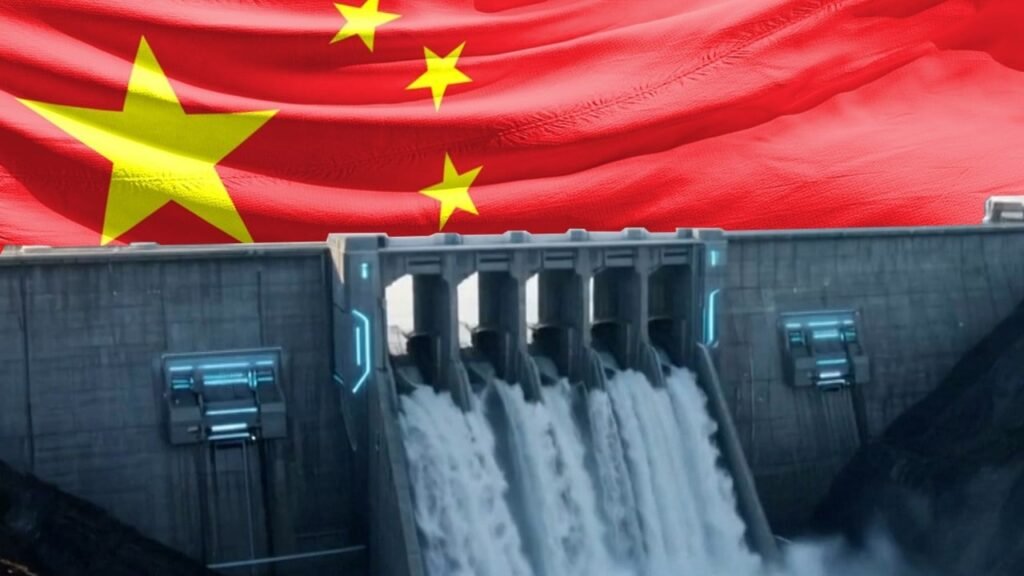US Treasury Secretary Scott Bessent said on Tuesday that the status quo situation with China was “working pretty well” as the world’s two biggest economies have in recent days extended a truce in their bitter trade dispute surrounding tariffs.
“China is right now the biggest revenue line in the tariff income,” Bessent said in an interview on Fox News’ “The Ingraham Angle” show.

“We have had very good talks with China, I imagine we will be seeing them again before November,” he added.
“I think right now the status quo is working pretty well.”
Why it’s important
Last week, Washington and Beijing extended a tariff truce for another 90 days to November, staving off triple-digit duties on each other’s goods.
The two sides initially announced a truce in their trade dispute in May after talks in Geneva, agreeing to a 90-day period to allow further talks. They met again in Sweden in late July after which U.S. negotiators returned to Washington with a recommendation that President Donald Trump extend the deadline.
Context
Washington has also been urging Beijing to stop buying Russian oil to pressure Moscow over its war in Ukraine, but Trump said on Friday there were no imminent plans to impose retaliatory tariffs on China, in light of talks on ending the war.
Trump held a summit with Russian President Vladimir Putin in Alaska on Friday and a meeting with Ukrainian President Volodymyr Zelenskiy, as well as NATO and European leaders, at the White House on Monday.
After those meetings, he said Zelenskiy and Putin will hold a bilateral meeting before a trilateral meeting that would also include Trump.
Bessent was asked on Fox News about reporting that Budapest could be a possible city for the three-way talks. He said that “could be” the case but that the bilateral meeting needed to happen first.

